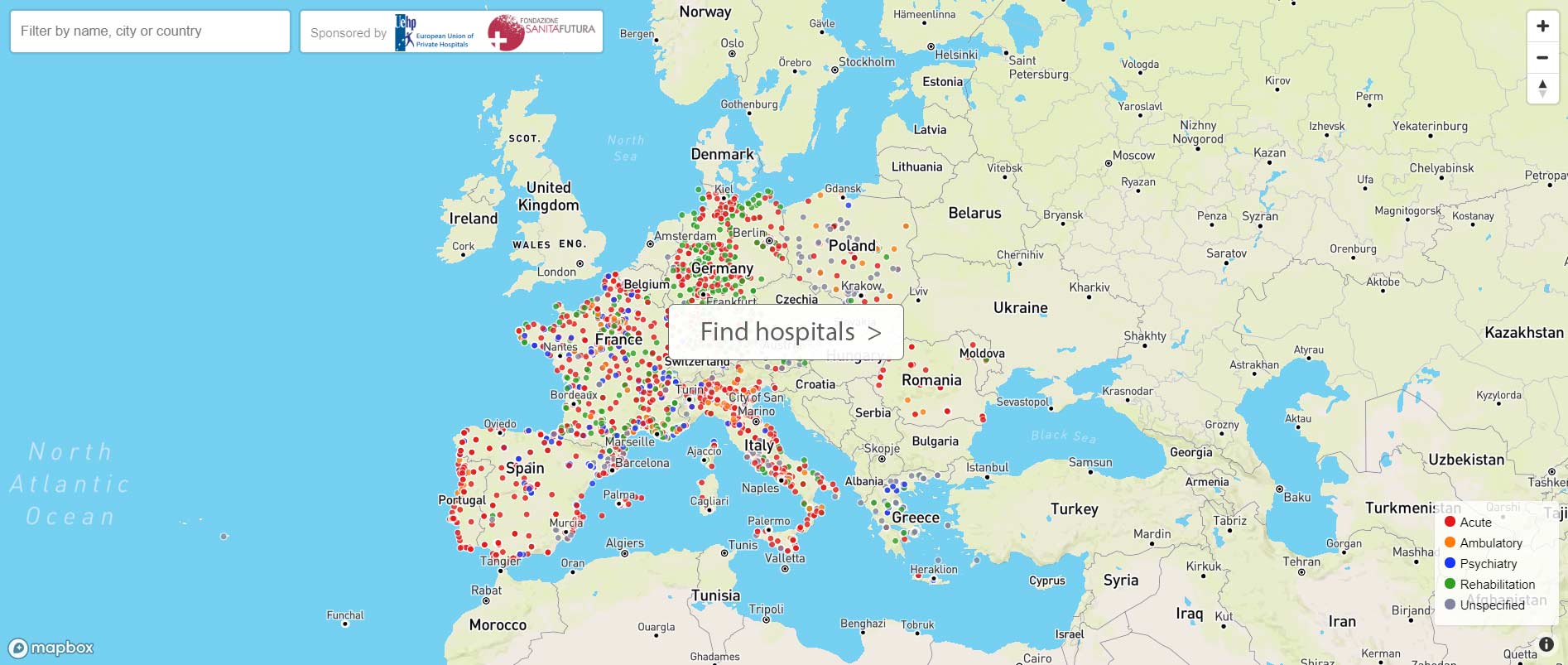SEPTEMBER 2021 – The German Federal Cartel Office released on 2 September its Sector Inquiry into German Hospitals report 2021. The outcome of the inquiry confirms the important role played by competition in ensuring the quality of health care for the population.
Existing regulatory requirements, such as hospital planning, fixed remuneration per case (DRG) and minimum quantity or quality requirements, do not prevent hospitals from differentiating themselves from their competitors through performance and quality. There is practically no price competition between hospitals in Germany.
The report shows that:
Hospitals compete with one another at the local level. Higher-quality hospitals attract more patients than other hospitals. Apart from the recommendations of the physicians established in the respective regions, the decisive competitive factor for patients is the quality of treatment. Almost 75% of the physicians recommend one or several hospitals – again mainly based on the quality of treatment. Approximately 75% of all patients follow these recommendations. In geographic terms, more than 80% of all cases treated at a hospital occur within a radius of 35 kms around the hospital.
Merger control and hospital planning go hand in hand. Hospital planning defines the hospitals’ scope of inpatient treatment, but has no influence on their operators. Any decline in quality can only be sanctioned by redistributing the number of beds, provided that there are other operators in the region which can carry out the required treatment. Only merger control can safeguard operator diversity as it can influence ownership of or control over a hospital and prevent competing hospitals from falling under the control of the same operator or group of companies. In this way merger control ensures not only operator diversity but also the scope of action of the planning authorities.
The results of the sector inquiry highlight the importance of consistent merger control in the hospital sector. The consequences of extensive concentration processes are irreversible. Once local operator diversity is eliminated, competition is harmed permanently and patients have less choice. Andreas Mundt, President of the Federal Cartel Office states that “if all local hospitals are operated by the same company, quality competition will suffer as the hospitals will no longer face the risk of patients choosing a competing hospital. In this case there will be a greater financial incentive to save money by reducing the quality of treatment, i.e. the number of staff or the quality of medical equipment. This is why competition is an indispensable controlling mechanism in the hospital sector as well.”
The inquiry is based on a survey of all hospitals in a representative corridor across Germany from Saarland to Saxony. It covered approximately 22% of all hospitals in Germany and analysed anonymised data on all their treatment cases. In addition, approximately 600 registered physicians established in the Darmstadt region were surveyed by way of example.


